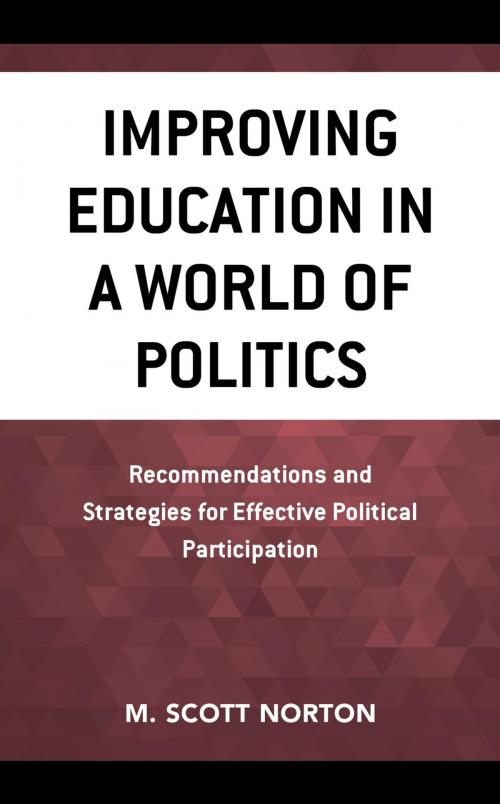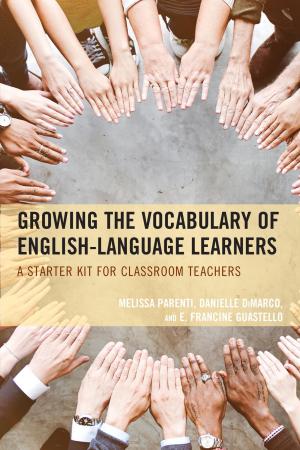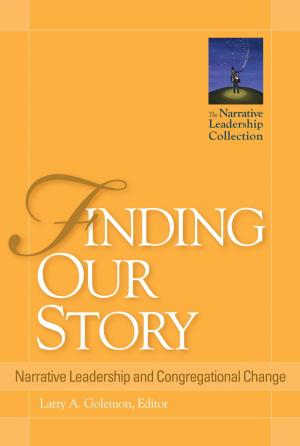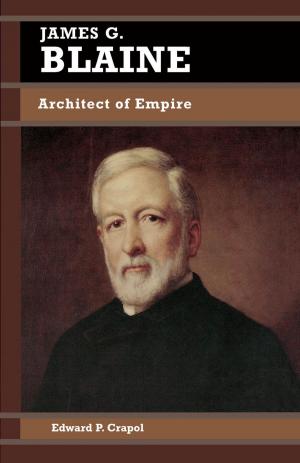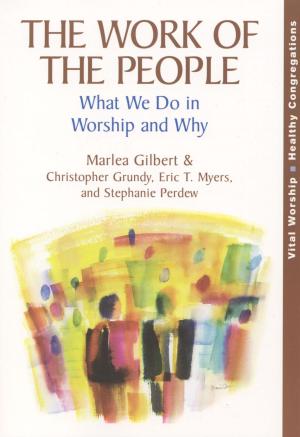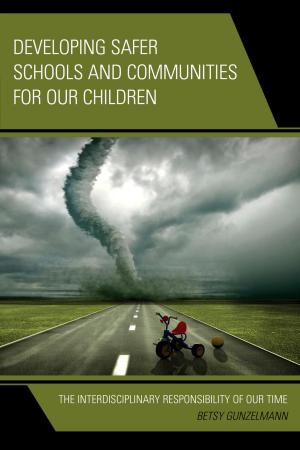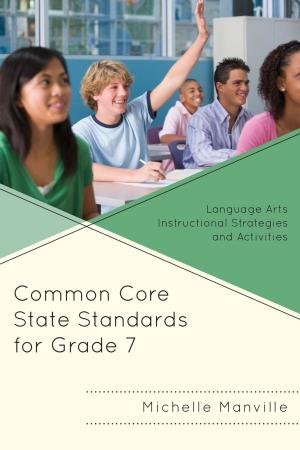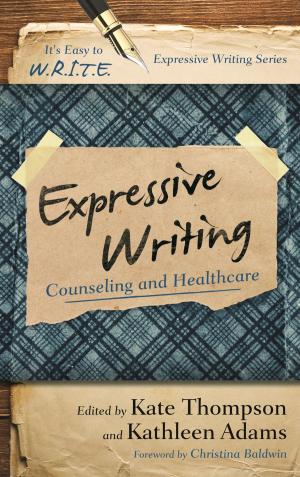Improving Education in a World of Politics
Recommendations and Strategies for Effective Political Participation
Nonfiction, Reference & Language, Law, Educational Law & Legislation, Education & Teaching, Administration| Author: | M. Scott Norton | ISBN: | 9781475843149 |
| Publisher: | Rowman & Littlefield Publishers | Publication: | October 5, 2018 |
| Imprint: | Rowman & Littlefield Publishers | Language: | English |
| Author: | M. Scott Norton |
| ISBN: | 9781475843149 |
| Publisher: | Rowman & Littlefield Publishers |
| Publication: | October 5, 2018 |
| Imprint: | Rowman & Littlefield Publishers |
| Language: | English |
This book centers on the fact that public eduction is involved in the politics of the world just as other systems and organizations are involved in competing for the values and resources of the many communities. Keeping education out of politics or politics out of education is fallacious. As long as public education is financed by taxes, local, state, or national, it must compete with other agencies and programs for the available tax dollars. These realities make it necessary for school leaders to be knowledgeable of how the values and resources of the school-community are distributed. This need calls for an understanding of how important decisions are made or not made that affect the outcomes of public education. If public schools are to remain relevant and in the main stream of public issues and related decisional outcomes, they must become more knowledgeable of the political world of education and how important decisions are determined regarding educational support.
This book centers on the fact that public eduction is involved in the politics of the world just as other systems and organizations are involved in competing for the values and resources of the many communities. Keeping education out of politics or politics out of education is fallacious. As long as public education is financed by taxes, local, state, or national, it must compete with other agencies and programs for the available tax dollars. These realities make it necessary for school leaders to be knowledgeable of how the values and resources of the school-community are distributed. This need calls for an understanding of how important decisions are made or not made that affect the outcomes of public education. If public schools are to remain relevant and in the main stream of public issues and related decisional outcomes, they must become more knowledgeable of the political world of education and how important decisions are determined regarding educational support.
